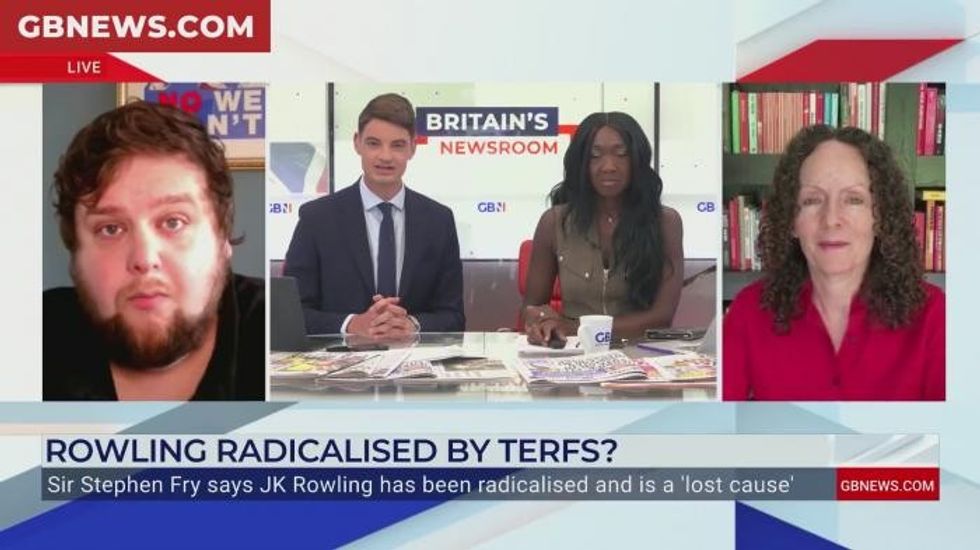The acclaimed Irish novelist John Boyne has been denied a second prestigious literary honour award following his public support for JK Rowling’s stance on gender issues.
The 54-year-old writer of The Boy in the Striped Pyjamas was set to receive the James Joyce Award from University College Dublin’s Literary and Historical Society.
The student-run organisation initially selected Mr Boyne’s novel Earth, which explores themes of sexual violence and homophobia, for the accolade.
However, the society reversed its decision after more than 800 writers petitioned against his nomination for a separate honour, the Polari Prize for LGBT literature.
The petition’s signatories condemned Mr Boyne’s inclusion on the Polari Prize shortlist, announced on August 6, calling it “inexcusable” based on his public statements regarding transgender rights and identity.
The Irish novelist expressed support for Ms Rowling and her views on trans issues in a column for the Irish Independent.
The controversy prompted UCD’s debating society to revoke its offer of the James Joyce Award.
The advocacy organisation Seen In Publishing criticised the student body’s actions as “shocking and cowardly”, characterising the withdrawal as “another example of literary cancel culture”.
LATEST DEVELOPMENTS:
Gender-critical campaigner accused of hate crime after being harassed by trans police officerWomen’s rights group blasts SNP for not being ‘ideologically committed’ to gender ideology – ‘Waiting to be forced into change!’‘Biological men should not be in women’s prisons!’ Top Tory backs blanket trans ban amid Reform row
The James Joyce Award represents the most prestigious honour that an Irish student organisation can bestow upon a writer.
The student society had originally praised Mr Boyne for confronting “uncomfortable truth with courage” and demonstrating “authenticity” and “justice” in his writing.
They highlighted these attributes as vital for students navigating their search for identity and belonging.
Mr Boyne revealed the organisation’s contradictory position by sharing their initial correspondence on Friday.
He said: “How any organisation can say [this]…and then rescind their prize when I demonstrate those very qualities is baffling.”
The author disclosed that following the Polari Prize controversy, neither he nor his representatives received responses from the society.
He said: “This morning, under threat of legal action, they finally deigned to respond, simply informing me that they were withdrawing the award.”
Mr Boyne characterised the society’s behaviour as “cowardice” and stressed that accolades hold little significance compared to literature and its audience.
He said: “Awards are ultimately meaningless. The books matter. Readers matter. And if using one’s platform to defend the rights of women, children, lesbians and gay men means that some plaque doesn’t end up on my wall… well, I won’t be losing any sleep over it.”
The award organisers released a statement declaring they “condemn all forms of transphobia”.
They pledged to enhance transgender and gender non-conforming representation amongst prize judges and conduct an internal review of their governance structures.
GB News has approached University College Dublin and the Literary & Historical Society for comment.
